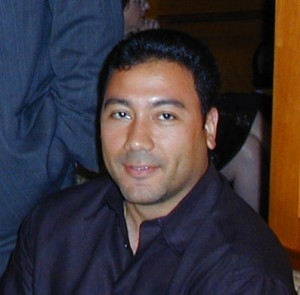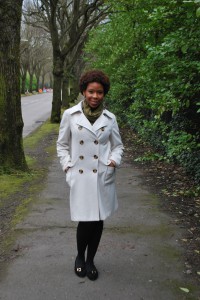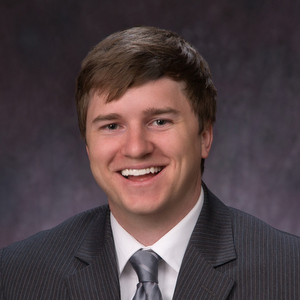Please join us for our next seminar:
“To, For, With”…
Angel Rodriguez
Vice President of Community Economic Development
Asociación Puertorriqueños En Marcha (APM)
Friday, November 14, 2014 12pm – 2pm
Private Dining Room Campus Center
Lunch will be served
Philadelphia is known for being a city of neighborhoods, neighborhoods with very distinct flavors, amenities and people. How do these neighborhoods experience and deal with change? Is change something that is done “to” the neighborhood, done “for” the neighborhood or more importantly done “with” the neighborhood? (more…)



